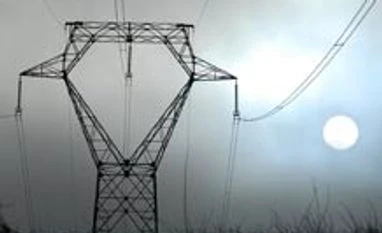The group, which also includes high-profile private sector players, is expected to make a case for hydro power to be declared renewable energy, by making it obligatory to increase its share to 20 per cent of total generation by the 15th Plan from the present level of 16 per cent. This will need hydro capacity to rise 80,000 MW over the next 19 years. The group will also consider allowing existing hydro generation of the order of 34,664 MW to be traded as renewable energy certificates (RECs).
A power ministry official, who did not want to be identified, told Business Standard that against an identified hydro capacity of 148,701 MW, only 34,664 MW has been developed so far. “The capacity under construction is 12,414 MW, while the capacity so far awarded in five states including Jammu & Kashmir, Himachal Pradesh, Uttarakhand, Sikkim, and Arunachal Pradesh is a record 75,306 MW,” he added.
However, the official admitted the hydro capacity is not a natural choice largely due to high capital costs, longer gestation periods, and higher risks in implementation. No state has taken a lead to initiate bids for hydro projects, which resulted in uncertainty for offtake and delays in financial closure.
The official added that stake holders have brought to the government’s notice issues relating to the present bidding framework for the procurement of hydro power. Several states and private operators have argued that the bidding for hydro power projects be based on tariff computed according to the regulations of the Central Electricity Regulatory Commission (CERC) based on approved detailed project report. The final tariff payable will be in line with CERC-approved costs.
A private sector developer suggested that the government can consider exemption in excise duty on steel, cement and equipment and service tax on construction services. These steps will help reduce the project costs by 5 per cent. Further, the central transmission utility, PowerGrid Corporation be engaged to initiate transmission planning.
)